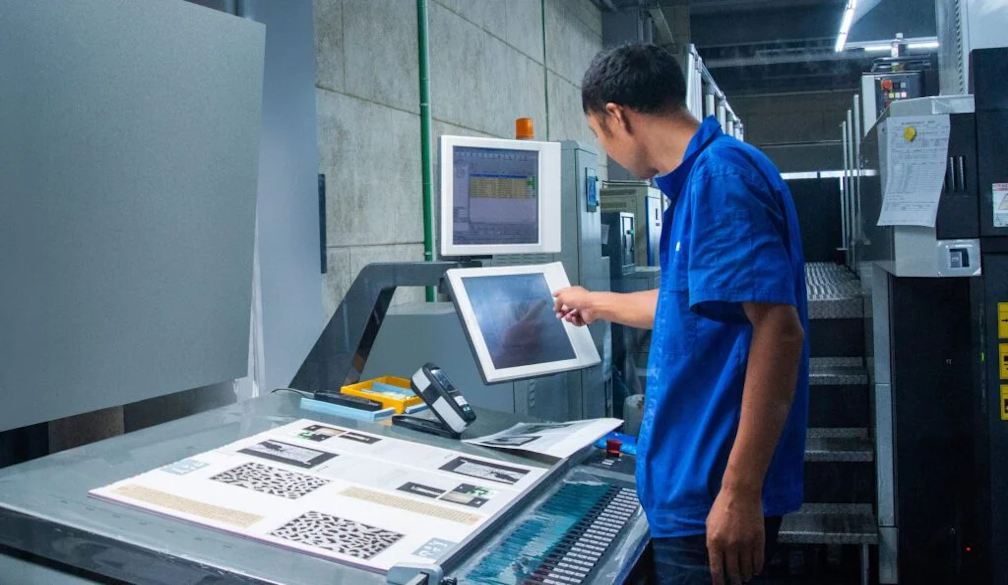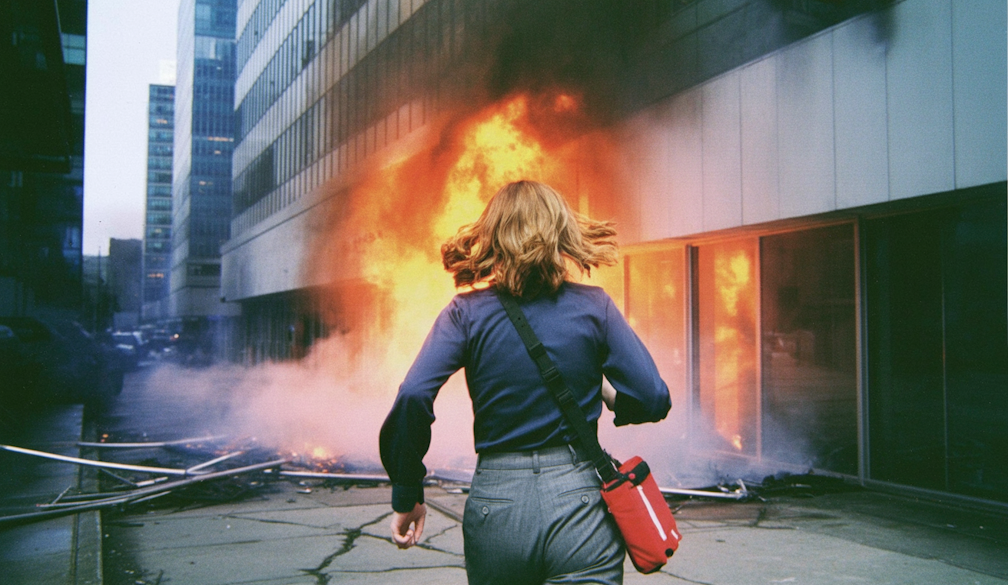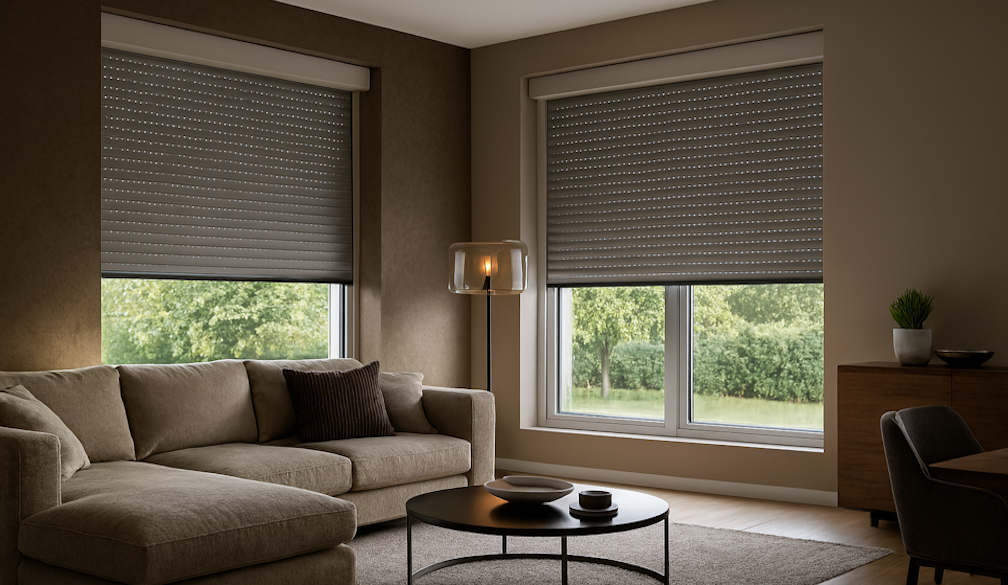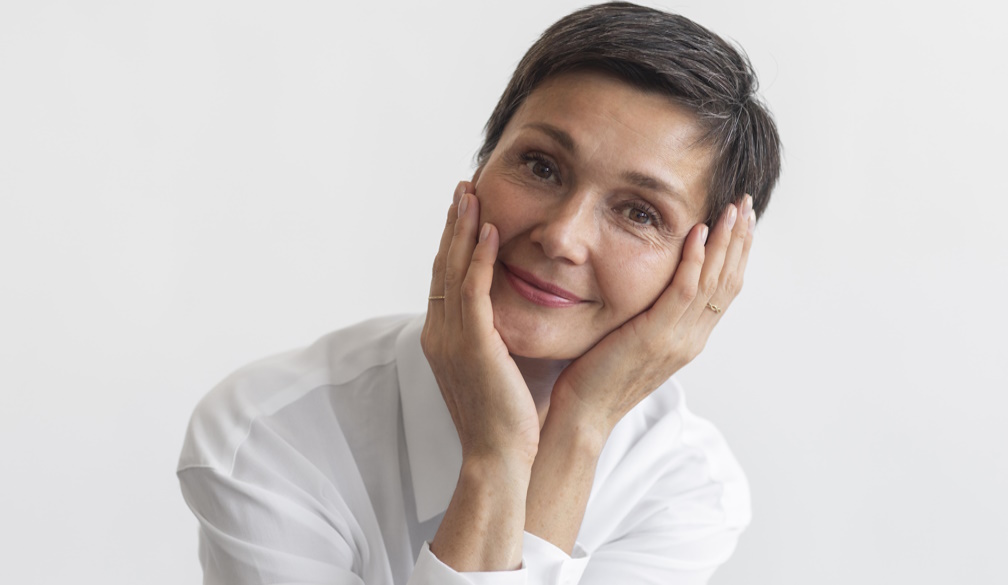Heather Rose writes with raw beauty about trauma and 'hardcore spiritual work' – so why does it leave me cold?
- Written by Edwina Preston, PhD Candidate, The University of Melbourne

I have to begin my review of acclaimed novelist Heather Rose’s first foray into non-fiction with an admission: I am a deeply unspiritual person. I find “spiritual journey” narratives, generally speaking, solipsistic and tedious: I even grew impatient reading Herman Hesse’s Siddhartha.
This skepticism, atheism, irreligiosity — call it what you will — inevitably colours my reading of Rose’s memoir, which is an account of childhood trauma and adult pain overcome, or at least processed, through what I can only describe as hardcore spiritual work.
Review: Nothing Bad Ever Happens Here – Heather Rose (Allen & Unwin)
Looking for something
The existential moment that presages Rose’s spiritual journey occurs early in her childhood in still-pastoral 1960s Hobart. Six years old, she finds herself gazing towards the sky above a eucalyptus tree in the school playground, making her own personal monastic vow.
“Hello,” she says to the sky. “I’m ready. Tell me what to do. Make use of me.” There’s both a questing and an offering of service in this. Rose is looking for something: spirit, meaning, transcendence — herself.
It’s appropriate that this occurs for Rose beneath the harbouring branches of a giant eucalypt and not the crossbeams of a church ceiling. Nature is central to her spiritual voyage, as well as to her philosophical commitments — her wonder at Tasmania’s beauty and wilderness begins in childhood and finds its apotheosis in political action she spearheads many decades later, to rid Tasmanian arts festivals of Forestry Tasmania funding.
There are echoes of Janet Frame’s An Angel at My Table and Alice Munro’s Lives of Girls and Women in the opening chapters of Nothing Bad Ever Happens Here.
Rose’s Hobart is in the process of transforming into modern suburbia, but is still rugged enough, dangerous enough, to inspire awe. Hers is a televisionless childhood of rotating dinner parties and neighbourhood bonfires, played out in a landscape arced by mountains, lapped by waters, in which a piece of cardboard will suffice as a toboggan on a snowy day and oysters can be prised straight from the rocks and out of their shells with a chisel.
All this changes one day, when her grandfather and older brother Byron go out fishing in an inadequately weighted dinghy and do not come back. Their drowning, a local tragedy, is doubly tragic because it will eventually capsize Rose’s immediate family.
Spirit-world encounters, post-tragedy
It is in the aftermath of this tragedy that Rose’s spirit-world encounters begin. She becomes aware that she can see auras around people. She holds seances in which winter mists fog up the room and chains are heard dragging over rocks.
And, in the deleterious silence that pervades the house post-tragedy, in which her brother is not to be spoken of, she begins to have visitations from him. He appears in a doorway and in a chair: not as a frightening apparition but as a reassuring presence, offering succour and calm. She even has a premonitory vision of the son she will bear in the future, who appears before her as a grown man.
The deep enchantment of the Tasmanian landscape make such happenings seem as reasonable, as natural, as they are in Isabel Allende’s Chile or Gabriel Garcia Marquez’s Colombia, and I read these opening pages greedily. But Nothing Bad Ever Happens Here is memoir, not magical realism, and it soon morphs into a different and, for me, less enchanting book, more reminiscent of Carlos Castaneda than Janet Frame.
Rose briefly entertains notions of conventional religion as a child, but gives them up when the Christian God fails to deliver a pony after several months’ prayer. In her teenagehood and twenties, she turns to alternative spirituality.
She becomes interested in the theosophical society, an eclectic spiritual group with its roots in gnosticism and Buddhism, and the Findhorn Community, a Scottish group that invokes and practices environmental sustainability as a core part of its spirituality. She studies Buddhism in Bangkok and meditation in a monastery in Laos. And she voyages to New Mexico to undertake gruelling “sweat lodge” ceremonies, and commits to a four-year “vision quest” to dance the Native American sun dance: deprived of food and water, with eagle feathers sewn into her flesh.
This last is a visceral and unsettling experience. The Lakotan sun dance is a shamanic ritual that demands several days of dancing, alternated with intensive sweats, in the pursuit of a state of deeply altered consciousness.
Peace pipes are smoked. Neither food nor water is allowed. The flesh of Rose’s co-dancers is cut and bones are inserted in the wounds; ropes are attached to the bones and tied to trees, and from these ropes, dancers throw themselves multiple times until their skin splits and they are broken open, delivered, transcendentally freed.
I said this was hardcore.
Read more: Holy Woman's fleshy, feminist spiritual pilgrimage is a warning against religious coercive control
Rose wonders – as do I – how it is that her kidneys keep functioning during this marathon of sauna bakes and dance deliriums. There is no explanation: it is another of the mysteries she embraces in her quest for spiritual meaning.
When the sun dance comes to its end, Rose’s “self” is eradicated; she is without language, returned to Nature, exquisitely sensate and utterly insensate: “By the time the last day unfurls, I am earth, trees, wind, sun and sky.”
There is an ascetism in Rose that is drawn to fleshly mortification: cold-water swimming, fasting, acts of physical endurance. “If there wasn’t pain and suffering, I wasn’t sure it was valid,” she writes. But just as I recoil from the notion of monastic self-flagellation, I recoiled from Rose’s masochistic spiritual pursuits. I am a material girl; I like my spiritual experiences couched in comfort: a bit of yoga, the occasional joint.
And I found myself ambivalent, concerned for Rose and her fellow devotees, when she recounts a spiritual retreat in Uluru many years later. Here, the eradication of self goes further: Rose transforms into what she calls a “Heather-being”, barely cognisant of her own name, while several of her co-participants experience psychotic breaks and end up in psychiatric hospitals. I found this material difficult to unreservedly absorb, let alone embrace.
Moments of raw beauty
Am I here wrongly questioning Rose’s life experiences rather than her book? The content rather than the writing? Perhaps I am, but the two seem inseparable to me.



















